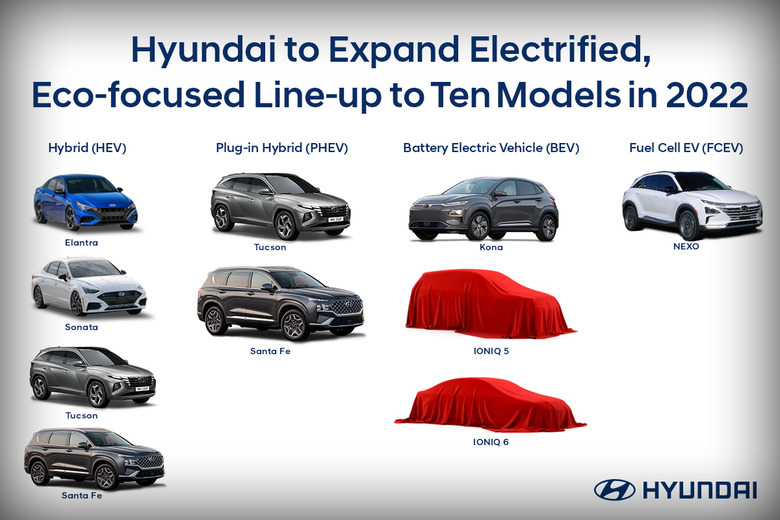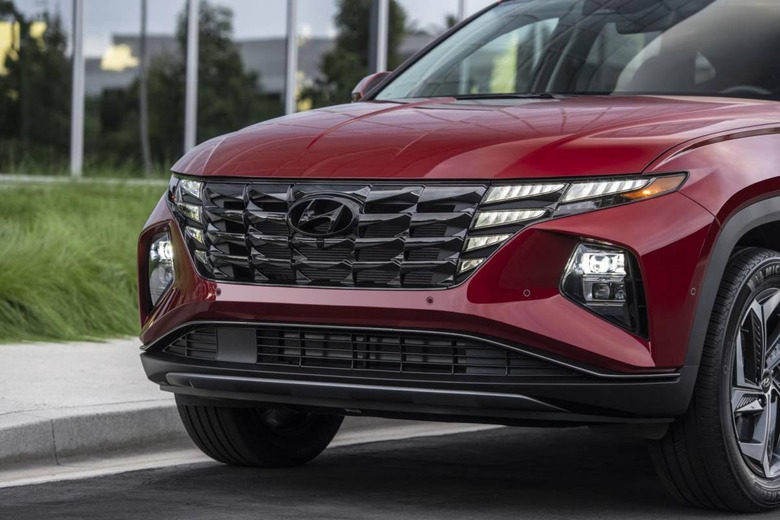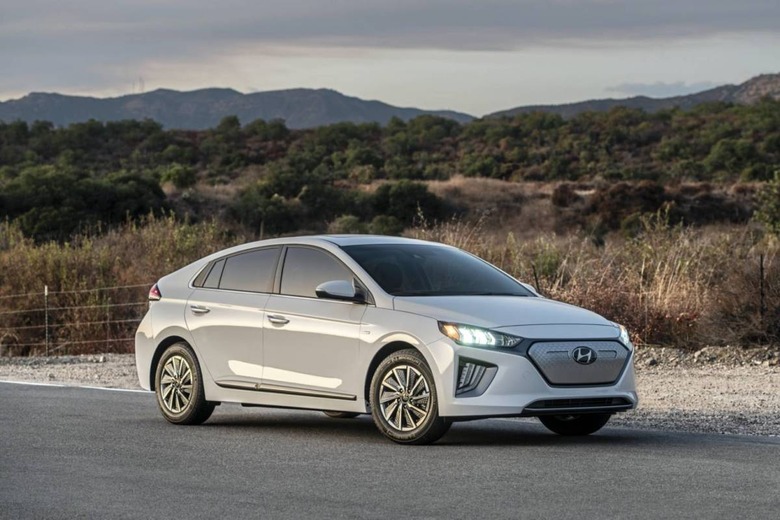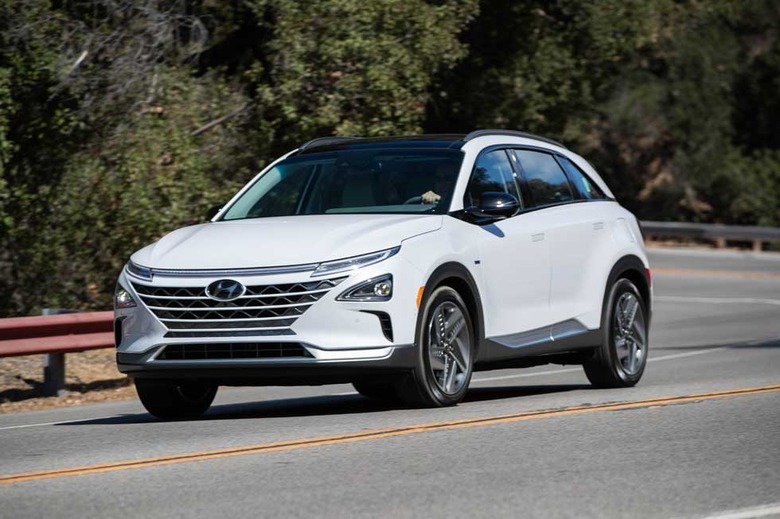Hyundai commits to electrification and fuel cells with ten new models by 2022
South Korean automaker Hyundai is diving head-on towards electrification and hydrogen fuel cell technology. In a recent online press briefing, Hyundai was kind enough to give us a healthy glimpse into the carmaker's expanded EV and eco-focused vehicle lineup. Consisting of up to ten new models (including the all-new Ioniq 5 CUV and Ioniq 6 luxury sedan), the lineup also includes the Nexo FCEV, a hydrogen fuel cell-powered crossover which is now sold at Hyundai dealerships.
Hyundai's eco-friendly vehicle portfolio covers a broad spectrum of hybrids, plug-in hybrids (PHEV), electric vehicles (EVs), and a single fuel cell vehicle (FCEV). "We're not only developing the vehicles our customers need now, but we're also envisioning smart mobility solutions for pressing environmental and transportation needs of the future," said Olabisi Boyle, vice president of Product Planning Mobility Strategy, Hyundai Motor North America. "Ultimately, this spectrum of new technologies will promote a planet-friendly, zero-emission ecosystem as part of our 'Progress for Humanity' global vision."

The hybrid lineup starts with the all-new Elantra Hybrid. It has a 1.6-liter four-cylinder gas engine and a 32 kWh electric motor powered by a 1.32 kWh battery pack. The Elantra Hybrid is not exactly a compact powerhouse with 139 horsepower and 195 pound-feet of torque, but it easily achieves an EPA-estimated 50 mpg in the combined cycle. Next up is the new Sonata Hybrid which achieves a combined 52 mpg with its solar roof, 2.0-liter gas engine, and 29 kWh electric motor.

Meanwhile, the Hyundai Santa Fe Hybrid is coming next year. It has a 1.6-liter turbocharged four-cylinder engine with a six-speed automatic gearbox, an HEV starter-generator, and a single electric motor. Also coming next year is the Santa Fe PHEV. On the other hand, the all-new 2022 Hyundai Tucson Hybrid is also arriving next year, while a plug-in hybrid version is in the works. "Eco-friendly vehicles offer a range of benefits largely on their size, hybrid and plug-in hybrid powertrains accommodate a variety of vehicle sizes," added Boyle. "But battery electric is a better match for smaller vehicles."

Hyundai currently has the Ioniq Electric and Kona Electric in its portfolio of battery electric vehicles. The former is good for up to 70 miles of range with its larger 38.3 kWh battery pack, while the latter has a 64 kWh battery for up to 258 miles of driving range on a single full charge. Hyundai's all-electric lineup will soon offer the Ioniq 5 compact SUV, Ioniq 6 family sedan, and an all-new Ioniq 7 full-size luxury SUV (arriving later in 2022). "With the addition of these exciting new models, Hyundai will have a full spectrum EV lineup of 10 different vehicles by the end of 2022," said Boyle.

What's more interesting is Hyundai's relentless pursuit of hydrogen fuel cell technology. "Hyundai has been on an innovative journey to harness hydrogen's unique potential for mobility since 1998," added Boyle. "And our R&D efforts have not stopped since 2018 when we proudly introduced our most advanced fuel cell vehicle ever," continued Boyle, referring to the Hyundai Nexo FCEV. The Nexo is riding on a unique FCEV platform and achieves up to 380 miles on a full tank of hydrogen. It also has 161 horsepower and 291 pound-feet of torque.
Hyundai is fully committing to a greener future, but it doesn't mean performance is not part of the agenda. In fact, Hyundai is planning to release up to seven N and N Line performance models through 2022. Joining the Veloster N. Sonata N, and Elantra N Line is the upcoming Elantra N, Tucson N Line, and two new high-performance SUVs, one of which is most probably a high-performance N version of the Hyundai Palisade full-size SUV. "We're confident that enthusiasts will relish the agility and performance of our new N Line models," concludes Boyle.
